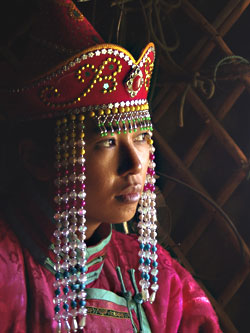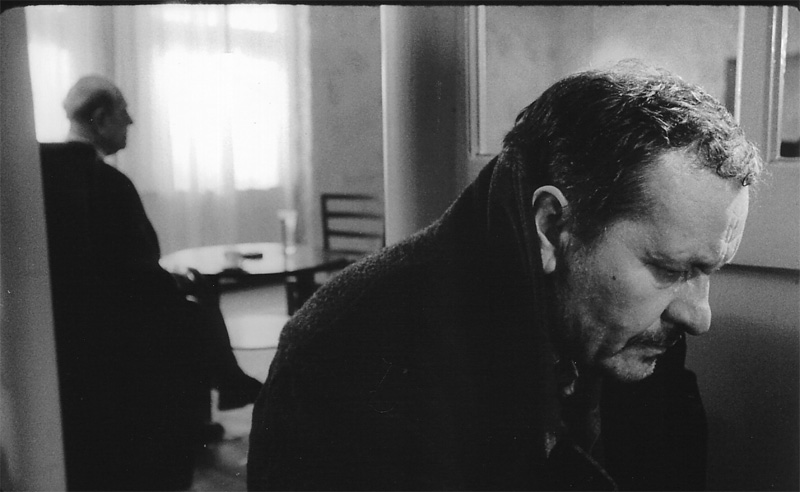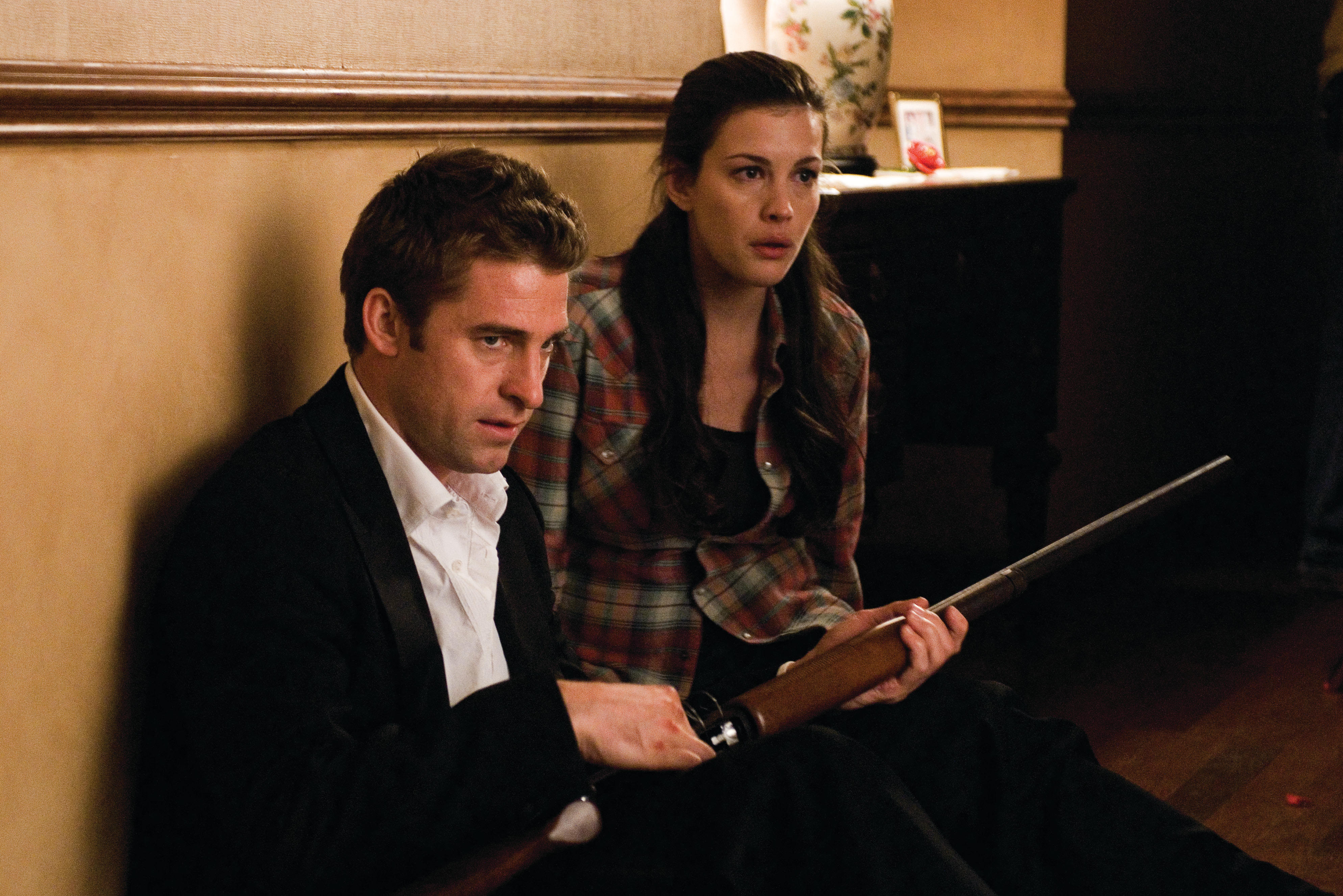Like The Story of the Weeping Camel and Mongolian Ping Pong, Tuya’s Marriage is partly an anthropological survey of Inner Mongolia’s grasslands, though Wang Quan An shuns the allegorical and the fanciful for a more straightforward look at community. Wang’s articulation of a vanishing way of life foregrounds the experience of young Tuya (Yu Nan), whose injured herder husband encourages her to take a new mate after she suffers a lumbar dislocation and is unable to care for their children. Around them, people booze and smoke to get by, and as the pinch of modernity tightens, suicide emerges as an exit strategy. Wang’s vision is preferable to the esoteric chic of Khadak, but the Chinese director still maintains an emotional remove from his subject, tracing the encroaching will of capitalism—as in the evolution from horses to motorcycles to cars—more clinically than poetically. Maybe because of Weeping Camel and Ping Pong, a frame chockablock with sheep is beginning to feel like dull visual shorthand for untainted primitivism. Or maybe Tuya’s Marriage disappoints because it lacks the fearless, uncontrived pathos of its predecessors.
Tuyas Marriage: Not quite Bridezillas in Mongolia








